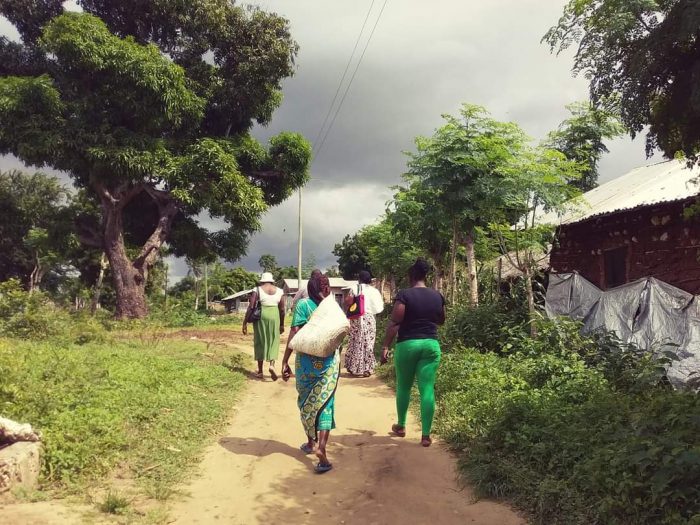It’s the beginning of a new school year.
Teachers and administrators across the country are working overtime to come up with safe, productive, and viable learning options for their students. Virtual, in-person, hybrid—all options have their pros and cons.
Parents are struggling to try and balance their own working lives with the health, safety, education, and emotional security of their children. Not all of our country’s children have the same options or resources available to them, but many are being advocated for by those who are passionate enough to stand up and use their voices in the name of education equality.
There are charities raising money to help feed hungry children and families. There are restaurants and local communities that have banded together to feed the medical staff who are working around the clock; putting their lives at risk in order to save others from a disease that there is still so much to learn about. People of influence are using their platforms to raise millions of dollars and spread messages of love, hope, and unity.
Our country is divided, for sure, but there are people across all platforms who are relentlessly fighting for peace, justice, equality, and a better standard of living for our nation’s most vulnerable communities. Each time I read or hear about these acts of kindness, it makes me proud to be an American.
And yet, I am also conflicted.
You see, I’ve been riding out this pandemic in the United States, but my heart is thousands of miles away in a developing country that I have devoted my life’s work to. As a full-time Missions and Humanitarian worker in Kenya, my time spent in the States is usually devoted to making new connections and uncovering resources that can help to serve some of our Earth’s most vulnerable people. I am often asked why I “have to go so far away to help people,” when there are plenty of communities here in my own country who need help. My answer to this question is simple: If I am willing and able to serve in a place where so many aren’t, then that is where I’m being called to go.
Human beings in need are human beings in need.
But where does that leave me today? Now more than ever, people in my own country—in my own backyard—need resources to help them survive. COVID-19 has taken hundreds of thousands of lives in the United States, and millions of jobs. It has jeopardized our economy, our health care system, our education system, and rocked our spiritual and mental health. People are in need here, and I know this. I see it and I feel it, every single day.
So, what do I do? Should I be asking a nation full of people who are trying to save themselves to consider what other countries are experiencing during this unprecedented time? Should I be feeling guilty about using my own resources to aid my loved ones in Kenya, rather than my fellow Americans?
Do I neglect to acknowledge the detrimental ripple effects that this pandemic is having, and will continue to have, on Kenya’s most at-risk youth? Can I talk about the starving children, the pregnant children, the orphaned children? Is it in poor taste to remind people who are fighting with one another about the “right way” to offer schooling that there are millions upon millions of children who don’t have anyone to fight for them? Not a parent, a relative, a neighbor, a teacher or a government official? Do I keep my mouth shut? Do I stop fighting for them?
One thing that I’ve learned in my line of work is the importance of offering help with a loving heart, rather than a guilty or a resentful one. Acknowledging the world’s brokenness can be extremely overwhelming, but recognizing our desire to help one another is, in my opinion, the most beautiful thing that humanity has to offer.
There are so many ways to demonstrate compassion in the midst of our brokenness—and that compassion doesn’t require limits or boundaries. The world needs all of us to do our part in loving one another. What it doesn’t need is for us to pit ourselves against each other and deepen our divide.
Rather than spending our time trying to determine who helps who “more,” or which cause is more “worthy” of fighting for, we should acknowledge the privilege of living in a nation where not only are we able to stand up for one another, but we desire to do so. We live in a nation of compassion, and we get to decide how to use it.
This is a scary and confusing time. So many of us want to help, but we aren’t quite sure how. We want to speak up, but we aren’t quite sure when. However and wherever you feel called to show compassion toward your fellow humans, know that the world needs you to do exactly what you are doing.
In every corner of the world, compassion will always win.
~









Read 1 comment and reply